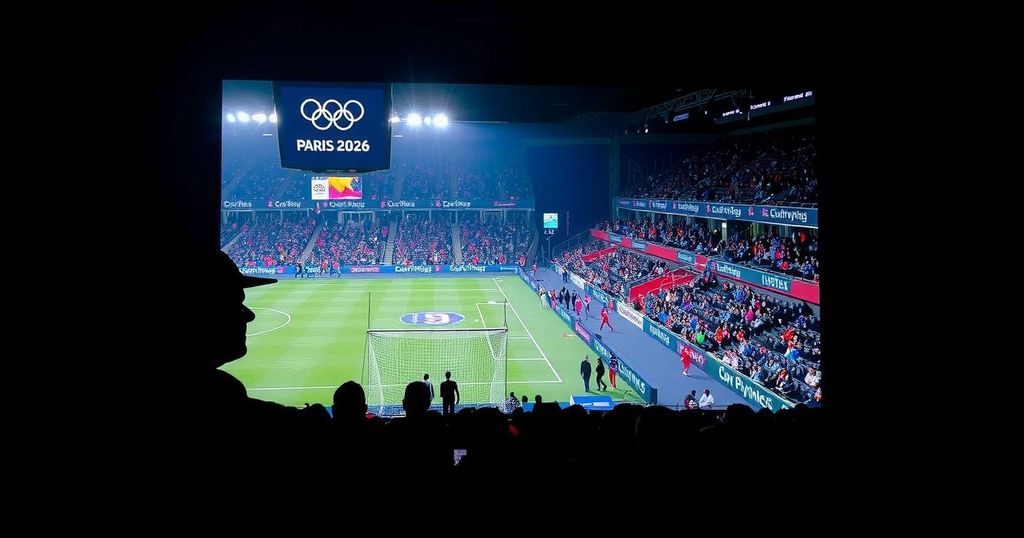Surge in Illegal Streaming During Paris 2024 Olympics Attributed to Pay TV Transition
The transition of the International Olympic Committee (IOC) to sell broadcasting rights for the Paris 2024 Games to pay television platforms has led to a significant surge in the prevalence of illegal streaming. A recent analysis by YieldSec, an online intelligence firm, has revealed that there were an astounding 267 million illegal streams of the upcoming Olympics. This figure is more than triple the 75 million illegal streams recorded during the UEFA Euro 2024, which occurred earlier this summer, despite the latter event spanning a duration of over two weeks longer than the Olympic Games.
The data indicates that approximately 36 percent of the illegal streaming activity relating to the Paris Olympics occurred in North America, while 27 percent was reported in Europe. It is noteworthy that both of these regions are primarily served by subscription-based broadcasters for Olympic coverage. In the United States, NBC secured exclusive broadcasting rights for four Olympic cycles from 2016 to 2032 at a cost of £5.9 billion. In Europe, Warner Bros. Discovery paid around £2 billion for the rights for the same duration, which includes provisions for certain free-to-air broadcasters, such as the BBC, which plans to air 250 hours of coverage from the Paris Games on two channels in the United Kingdom.
The vast variety of sports featured in the Olympics, coupled with a daily schedule of up to 15 hours of competitions, renders the event exceptionally susceptible to piracy. This vulnerability is starkly depicted in the findings from YieldSec’s analysis. In comparison, Euro 2024 attracted 75 million illegal streams globally, peaking at 13.5 million during the final match between Spain and England.
In conclusion, the IOC’s decision to limit access to the Paris 2024 Olympics through subscription-only television has inadvertently fueled a dramatic increase in illegal streaming activities. The ramifications of this trend call for an urgent response not only from stakeholders within the sports broadcasting community but also from international law enforcement agencies to address this growing issue effectively.








Post Comment